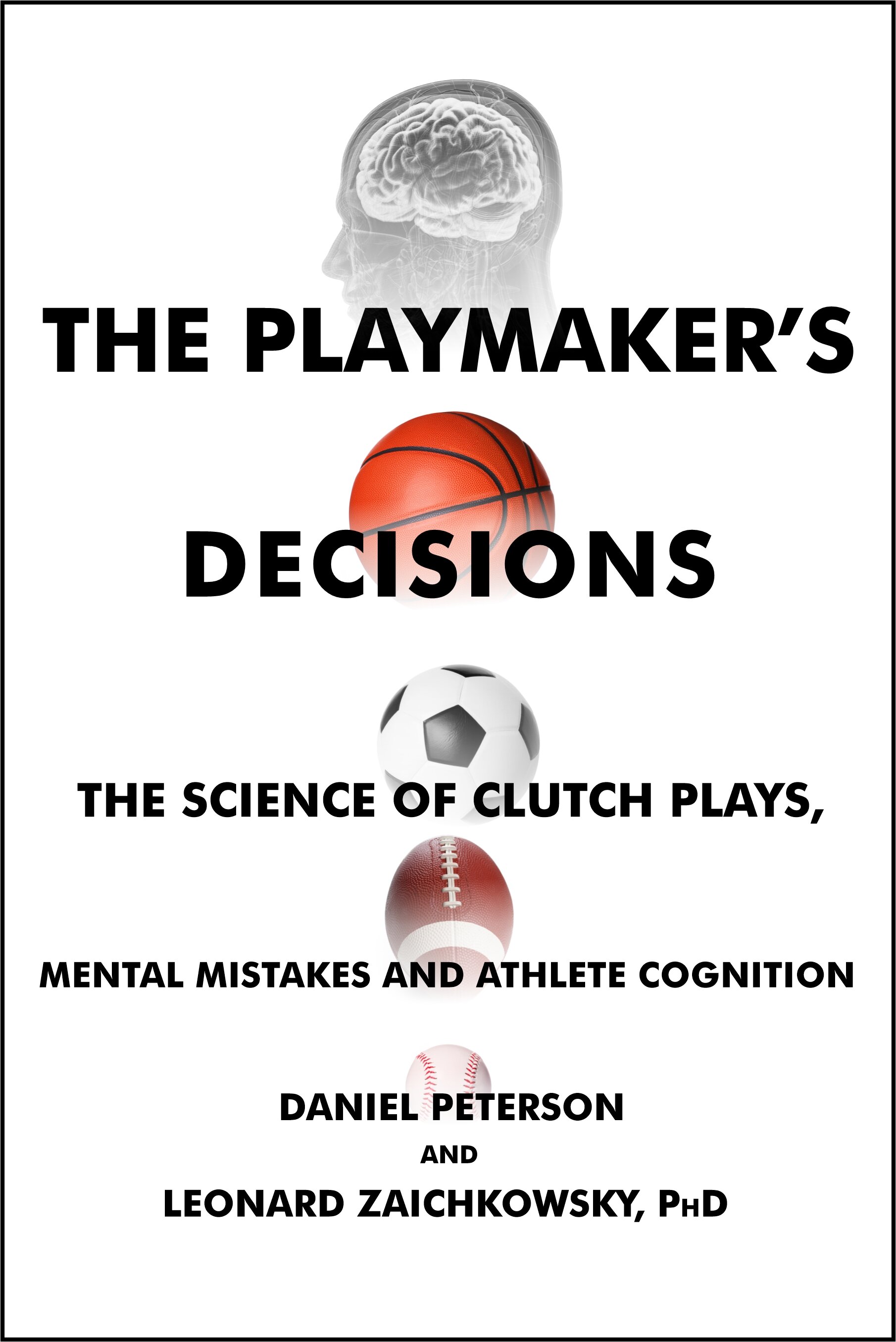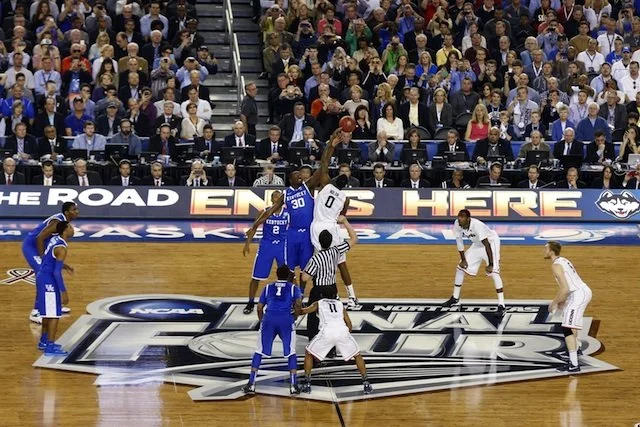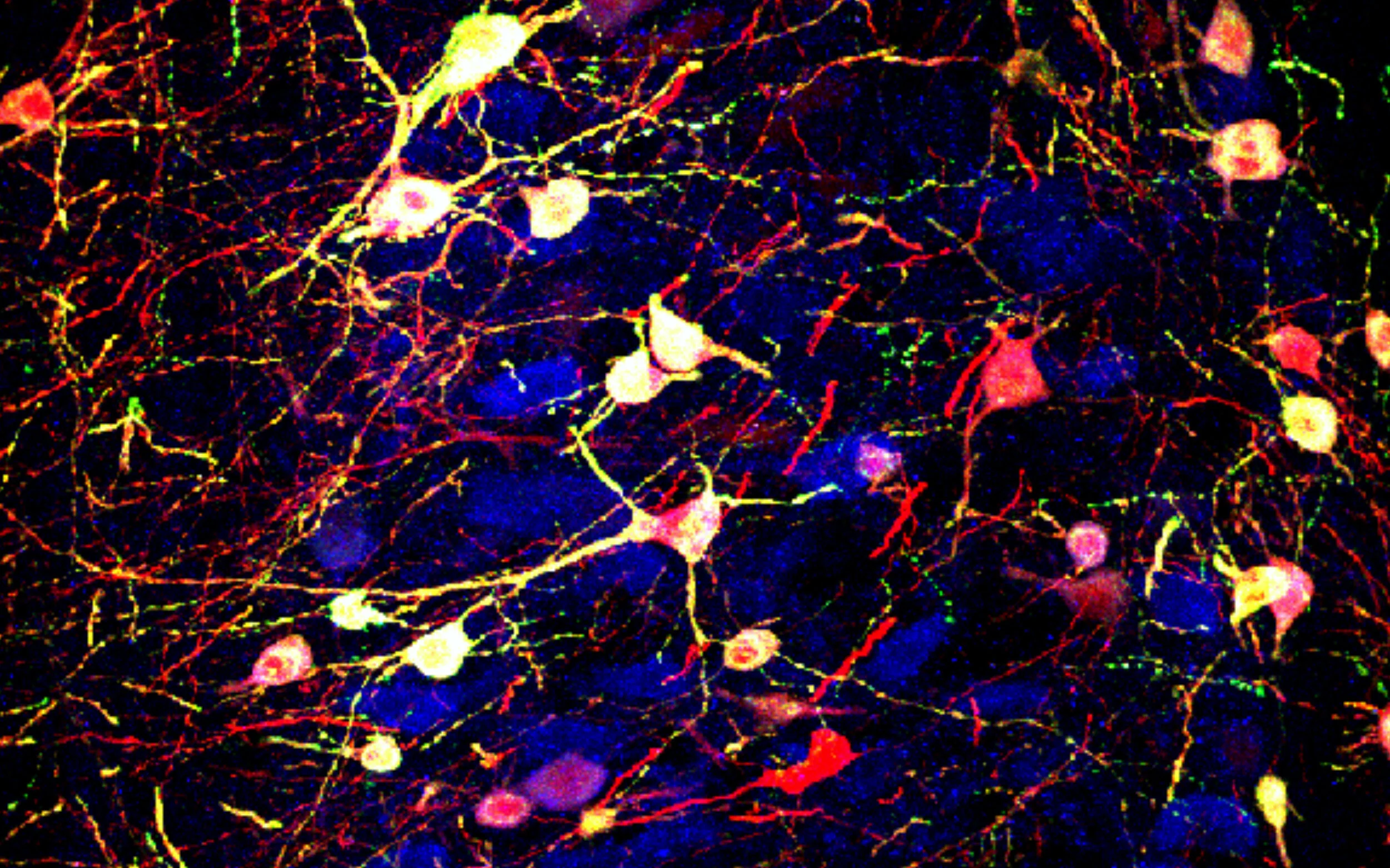Mason Crosby And The Cognitive Roller Coaster Of Kicking In The NFL
/Getty Images
“I’ve done this a long time and I’ve never had a game like that. This is uncharted territory.” To be sure, it was one of Mason Crosby’s worse games of his 12-year NFL kicking career, missing four out of five field goals and an extra point. In his last five full seasons, the Green Bay Packers kicker has made an average of 85% of his field goals, so his week 5 game, a 31-23 loss to the Detroit Lions, was more than a statistical anomaly. Missing wide from 42, 41, 38 and 56 yards, Crosby was at a loss to explain his sudden inaccuracy, “Every attempt I felt like I was in rhythm going through it,” said Crosby. “It was one of those days that just wasn’t there. I’ve done this a long time, and I’ve never had a day where it wasn’t there like that.”
Crosby isn’t alone among his kicking fraternity. This season has been one to forget for several experienced kickers, some who have lost their jobs because of it. After seven stellar years with the Dallas Cowboys, Dan Bailey was cut by the team at the 53-man roster deadline in September, replaced by a rookie kicker who had no NFL regular season experience. Despite having the second best field goal accuracy in NFL history, Bailey’s accuracy dipped to 75% last season following injuries.
Ironically, Bailey was quickly signed by the Minnesota Vikings who parted ways with rookie kicker Daniel Carlson after he had a Crosby-like day missing from 48, 49 and 35 yards against the Packers. He knew what Carlson was feeling. “It was tough to watch; I wish I was out there. In the same breath, I know what those guys are going through,” Bailey said. “I’ve had games like that before. It’s tough. It’s hard to fix that in the moment when you’re young and haven’t seen a lot of ball.”
Watching the sports media reaction to these kicker woes, the word “yips” is a favorite layman’s diagnosis, borrowing the term that originated in golf but has since been shared generously across sports. The Mayo Clinic definition limits yips to “involuntary wrist spasms” which would certainly affect golf putting and throwing motions that require high accuracy. But, they caution that the cause most likely is neurological rather than psychological. “It was once thought that the yips were always associated with performance anxiety. However, it now appears that some people have the yips due to a neurological condition affecting specific muscles (focal dystonia).”
The fact that Crosby did make his last field goal of the day shows that it wasn’t a total loss of muscle control. And its unknown if yips can be applied to kicking actions. Certainly, video reviews of his misses did not show an “involuntary spasm” of his foot or leg.
Instead, his sudden drop in accuracy may have been better classified as “choking” in the psychological parlance. Game performance by a player that is well below expectations, based on prior games and seasons, is a textbook definition for choking.
Dr. Sian Beilock and Dr. Rob Gray have studied the symptoms and causes of choking across several sports. From their research results, they argue that it happens when an athlete drops out of their usual “automatic mode”, where they robotically complete a skilled move, like kicking a field goal.
“Specifically, the types of high-level motor skills that have been the subject of the majority of choking research in sport are thought to become proceduralized with practice. Proceduralized skills do not require constant online attentional control and are in fact thought to run largely outside of working memory,” wrote Beilock and Gray.
As we explained in The Playmaker’s Advantage, “as skill acquisition studies have taught us, elite playmakers are master multitaskers, monitoring their environment at a higher cognitive level while the ongoing operation of technical skills is managed by automated processes. It’s how we’re able to hold a conversation, think about next week’s game, and sing along with the radio—all while driving a car. The micro adjustments to the steering wheel, acceleration, braking, and navigation all happen at a subconscious level, freeing up our attention and focus for higher-order tasks.
Similarly, dribbling a basketball, stick handling a puck, and keeping a lacrosse ball in the webbing happen without our continuous awareness. Adding tactical decisions to the mix also becomes a well-practiced neural mechanism. A quarterback working through his progression of available receivers, or a midfielder “checking her shoulders” to monitor the locations of teammates and opponents, is preprogrammed, almost mechanical, in emotionless scrimmages during the week.”
Beilock and Gray suggest that this automaticity can be disrupted during a stressful moment. “Indeed, the explicit monitoring theory says that game pressure takes us out of this well-practiced state, making us nervous that the penalty shot or free throw or field goal will be missed. Instead of a fluid, practiced free-throw motion, a stressed basketball player may now start thinking about her grip on the ball or choose a different focus point on the rim or observe her arm angle at follow-through. This ‘dechunking’ of the composite skill sets her back to when she was a novice just learning the correct form, along with a novice’s success rate.”
After so many successful seasons, Crosby knows that the bad game will eventually happen. Whether he yipped or choked, the cure is to move on and let your established neuromuscular patterns return. As he said after the Lions loss, “We’ll look at it, look at every facet of it and flush it.” During the following week of practice his strategy was the same, “Not reinventing the wheel this week. Like I said, it’s an anomaly that’s something I never will experience again and nothing I could have ever fathomed happening. Obviously disappointed about it but nothing I can do now but move forward.”
Sure enough, in week 6 he did just that. In a Monday night matchup against the 49ers at Lambeau Field, Crosby rallied the Packers to a 33-30 comeback win. After making all three of his field goal attempts as well as going 3 for 3 on extra points, he kicked the game-winning 28-yard field goal as time expired.
To top it all off, Crosby was named NFC Special Teams Player of the Week.
Quite a roller coaster ride, but one that is not uncommon at the highest levels. The key is to understand what happened and have a method for dealing with it.












